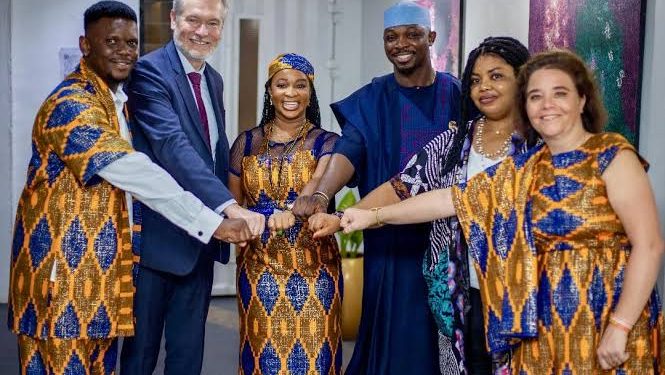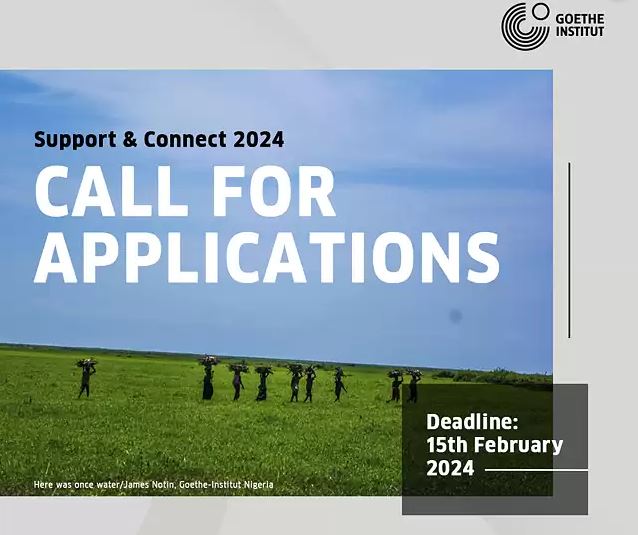The European Union has unveiled the Africa–Europe Partnerships for Culture Nigeria Cluster, a new €30 million initiative designed to strengthen creative collaboration, expand cultural networks, and open international opportunities for Nigerian artists and cultural organizations.
The EU said the program, implemented by the Goethe-Institut, will connect creatives across Sub-Saharan Africa and Europe through joint projects, mobility support, and platforms for exchange and co-creation.
Speaking at the launch in Lagos, the EU’s representative to Nigeria and ECOWAS explained that culture remains central to sustainable development, noting that the new initiative reinforces Europe’s commitment to building stronger cultural bridges with Africa. The official said culture drives understanding, innovation, and economic opportunity, adding that the launch in Nigeria is a deliberate move to amplify African creative voices within global spaces.
The EU highlighted that culture forms part of its Global Gateway strategy, which aims to connect people and build shared prosperity. The representative added that the Union is committed to creating spaces where African creatives can grow, collaborate, and ensure their stories reach global audiences.
The official also pointed to other EU-funded programmes demonstrating this commitment, including a €20 million museum partnership initiative and Creative Africa, a €15 million project that will support collaboration across audiovisual industries.
The Goethe-Institut Nigeria described the launch as a major milestone for Africa–Europe cultural cooperation. Its representative said Nigeria’s creative industry continues to gain global recognition due to its diversity and innovation, noting that initiatives like AEPC will help deepen collaboration, build capacity, and increase visibility for Nigerian talent. The Institute reaffirmed its focus on collaboration, capacity building, and expanding access for creatives by supporting hubs, digital platforms, and funding mechanisms that bridge gaps in resources and exposure.
The AEPC will operate across West Africa, supporting cultural cooperation between Nigeria and countries including Benin, Ghana, Senegal, Mali, Sierra Leone, Côte d’Ivoire, the Gambia and others, alongside the EU. The project aims to train 250 professionals, support 450 artists, connect 48 festivals, and strengthen cultural relations between West Africa and Europe for long-term social and economic impact.
For MSMEs operating in the creative sector, the initiative offers fresh opportunities to access funding, training, visibility, and global partnerships. The EU urged creators and cultural organisations to explore the programme, prepare strong proposals, and apply so that Nigerian talent from every region can thrive on international stages.










